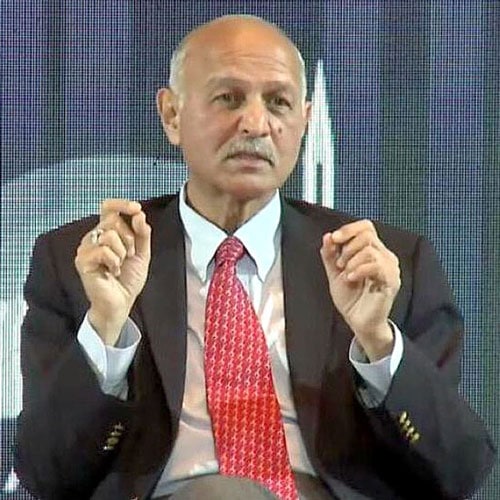Staff Reporter
Senator Mushahid Hussain has said that Connectivity, with countries and regions, is key to Pakistan’s foreign policy in the coming decade, with Pakistan having ‘strategic space’ to promote its vital interests.
He made these comments during his keynote speech on the theme ‘Navigating the New Decade’ at the concluding session of the Islamabad Security Dialogue.
He said Pakistan’s main challenges would be domestic as ‘strategic space’ would give Pakistan a ‘geopolitical breather’, and urged the need to redefine the notion of national security, away from military might alone, to Human Security.
Senator Mushahid Hussain said Pakistan’s ‘strategic space’ was due to CPEC, proactive role in Afghanistan peace process, close ties with China and cordial relations with the US at the same time, and India being on the defensive regionally due to failure of Modi’s ‘ideological foreign policy’, with setbacks during the 2019 Balakot attack on Pakistan and the 2020-2021 border clashes with China, and popular resistance in Occupied Kashmir to Indian illegal annexation.
Giving his outlook of future challenges, Senator Mushahid Hussain said the region where Pakistan is located is faced with two contrasting visions.
One of geoeconomics promoted by China’s Belt & Road Initiative (BRI), of which CPEC is the flagship, promotes connectivity and cooperation and only India is on ‘the wrong side of history’ since it opposes such regional economic connectivity.
Conversely, there is the geopolitics-driven vision of the US that is inspired by a Cold War mindset seeking containment of China, which a majority of Asia rejects.










